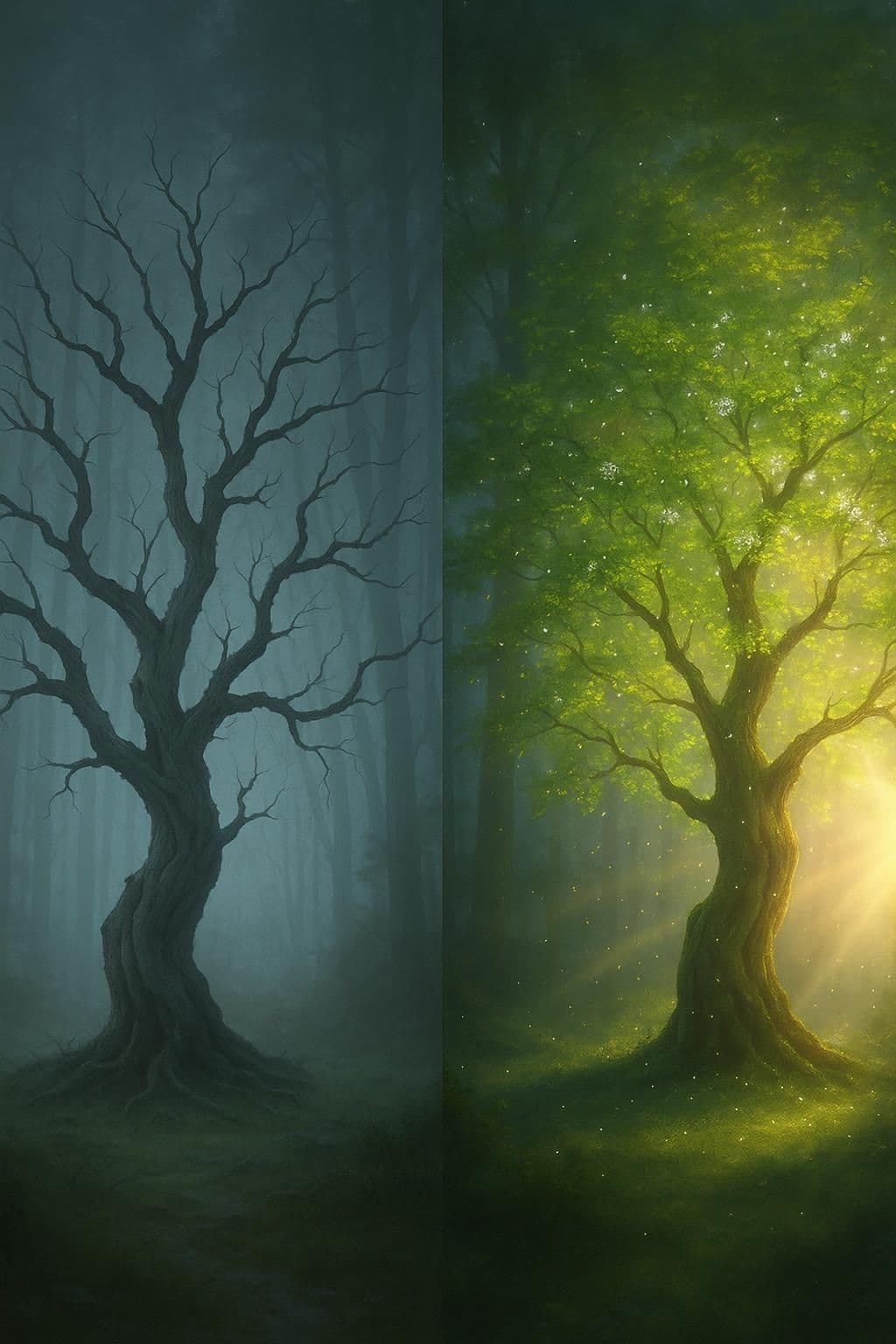The Illusion of Knowledge: Discovery’s Hidden Barrier

The greatest obstacle to discovery is not ignorance—it is the illusion of knowledge. — Daniel J. Boorstin
Beyond Simple Ignorance
Daniel J. Boorstin's observation compels us to look past the obvious hurdles to understanding. While ignorance might seem the most apparent obstacle, lacking knowledge often drives curiosity and learning. The true impediment, as Boorstin points out, is believing we already possess the answers—an illusion that stifles inquiry before it even begins.
Historical Misconceptions and Missed Opportunities
History abounds with cases where certainty halted progress. For instance, the belief in a geocentric universe dominated for centuries, despite mounting evidence to the contrary. Only when thinkers like Copernicus and Galileo challenged accepted knowledge did astronomy leap forward, revealing new cosmic truths. Their breakthroughs underscore the dangers of unexamined assumptions.
The Psychology Behind Certainty
This illusion arises from a natural human tendency: the desire for cognitive closure. Psychologist Leon Festinger’s work on cognitive dissonance (1957) shows that once people invest in certain beliefs, they resist conflicting information. This inertia of the mind protects comfort but can barricade the pathways to genuine discovery.
Challenging the Status Quo in Science and Innovation
This mindset not only impacts individuals but also shapes entire communities and disciplines. In Thomas Kuhn’s analysis of scientific revolutions (*The Structure of Scientific Revolutions*, 1962), he describes how entrenched paradigms restrict the collective pursuit of new knowledge. It often takes a disruptive thinker—sometimes even an outsider—to question the status quo and spawn innovation.
Cultivating Intellectual Humility
Addressing Boorstin’s challenge requires fostering intellectual humility—a willingness to question, admit gaps in understanding, and revise established views. By recognizing that certainty can be a mirage, learners and leaders alike open themselves to discovery. Curiosity thrives not in the comfort of assumed knowledge, but in the adventurous uncertainty of what might yet be learned.